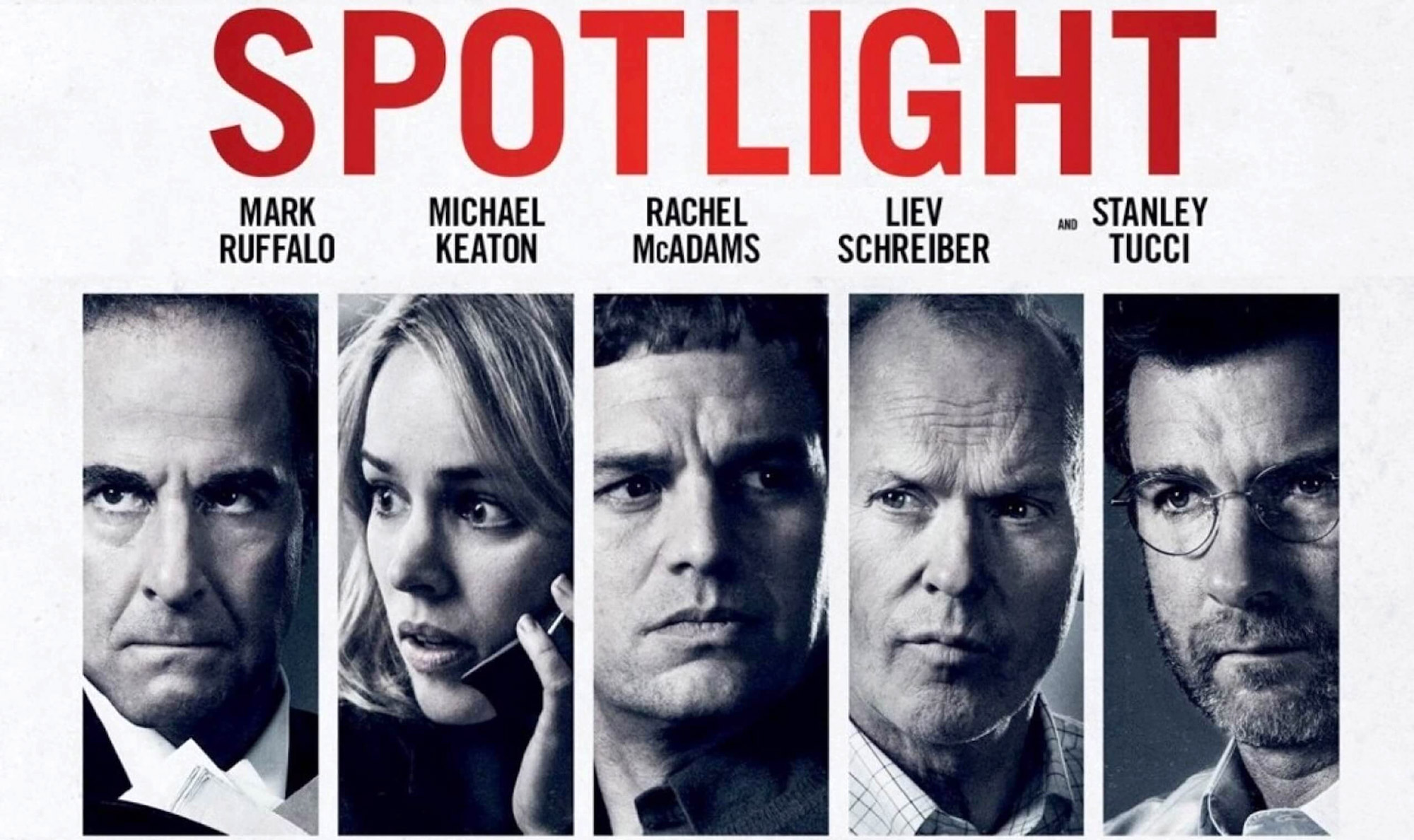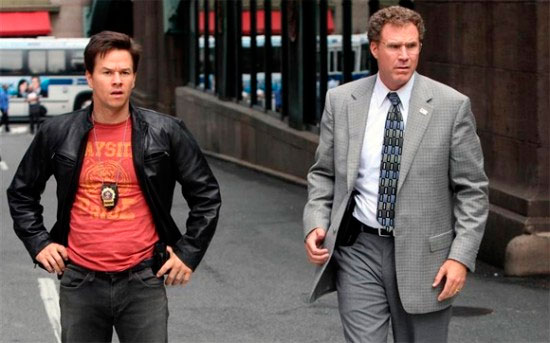Without a doubt, “Spotlight,” directed by Tom McCarthy, is an unapologetically raw and absolutely necessary examination of investigative journalism. This Oscar-winning film presents a riveting account of the Boston Globe’s Pulitzer Prize-winning investigation into the widespread child molestation allegations and subsequent cover-ups within the Catholic Church.
The film revolves around the Spotlight team, a group of seasoned journalists who are handed the task of unraveling the shocking revelations about numerous cases of child sexual abuse at the hands of Catholic priests in Massachusetts, and most devastatingly, the systemic cover-ups by the church hierarchy. Enthralling, captivating, and heart-wrenching in equal measure, “Spotlight” is a profound admonishing that reveals the power and importance of investigative journalism in service to truth and justice.
From the outset, the movie grips your attention, thanks to its meticulously well-thought-out screenplay. It is an intricate study of professional commitment and personal reckoning. Remarkably, the film doesn’t glorify the journalists; instead, it emphasizes the judiciousness, meticulous dedication, and the incredible patience that goes into investigative journalism.
McCarthy’s realistic and even-handed direction paints a sobering picture of the church scandal without resorting to gratuitous sensationalism. The film is not about vilifying the Catholic Church. It delves into the complexities of faith, loyalty, and power, all woven seamlessly into the narrative.
The performances from an ensemble cast, including Michael Keaton, Mark Ruffalo, Rachel McAdams, and Liev Schreiber, were beyond extraordinary, each embodying their characters with sincerity and authenticity. Ruffalo is particularly impressive as Mike Rezendes, a passionate and relentless reporter who becomes a driving force behind the investigation.
“Spotlight” is that rare breed of cinema that operates not through spectacular displays of emotions but through the quiet, pensive moments that accentuate humanity in its crudest, purest form. The movie intelligently swaps out the brash, exciting moments of discovery or victory often associated with similar films, for scenes of subtle doubt, strangled outrage, and muted victory set against the backdrop of an institution affecting the lives of many.
Undeniably, the strength of “Spotlight” lies in its procedural depth. Many films have explored the subject of clergy sex abuse but none have delved so deeply into the mechanisms of cover-up. It underscores the importance of good old-fashioned reporting, exemplified by scenes of door knocking, sifting through archives, and relentless hunting for leads. What we see onscreen is a grueling, unglamorous process that could potentially alter thousands of lives.
The final product of McCarthy’s meticulous direction and Josh Singer’s astute writing is not flashy camerawork or philosophized monologues. Instead, it’s scenes of journalists brooding over church directories and legal documents. The magic in the storytelling is a testament to how engrossed the audience becomes in this rather stark, understated procedural drama.
The cinematography complements the tone of the film with a range of greys and muted blues, creating an almost oppressive atmosphere. The score, seemed to lurk in the background, ever present but never intrusive, perfectly mirrors the simmering tension underpinning the whole endeavor.
A noteworthy element of “Spotlight” is its courage to point out that beneath the rotten surface lies a pervasive culture of complacency and indifference. It forces us to recognize that the monstrous cruelty under investigation grew unchecked, not just because of the Conspiring Evil, but also due to the Blind Eye of society, which included the media.
“Spotlight” is a transcendent exploration of how journalism matters and how, despite the depressing nature of this particular subject, a well-told story can captivate and educate viewers; highlighting the deep-seated corruption and complacency that allows such atrocities to persist. It’s a stark reminder of the role and importance of investigative journalism in society.
In conclusion, “Spotlight” is gritty and honest to its core. It’s a powerful and heavy-hitting film that echoes long after the credits roll. It does more than just movie-making; it does justice to the story it tells.




